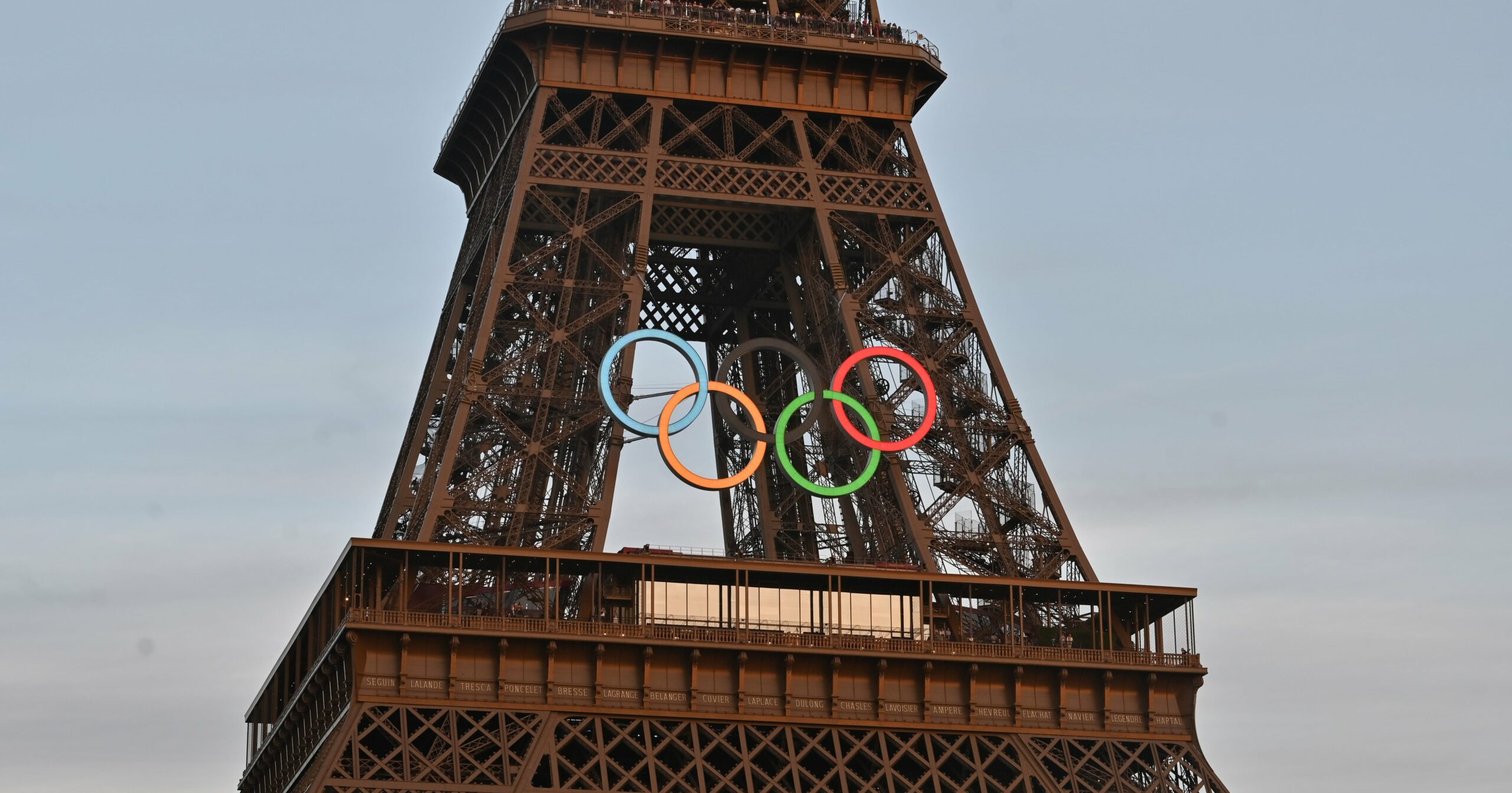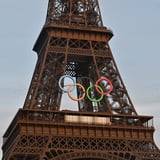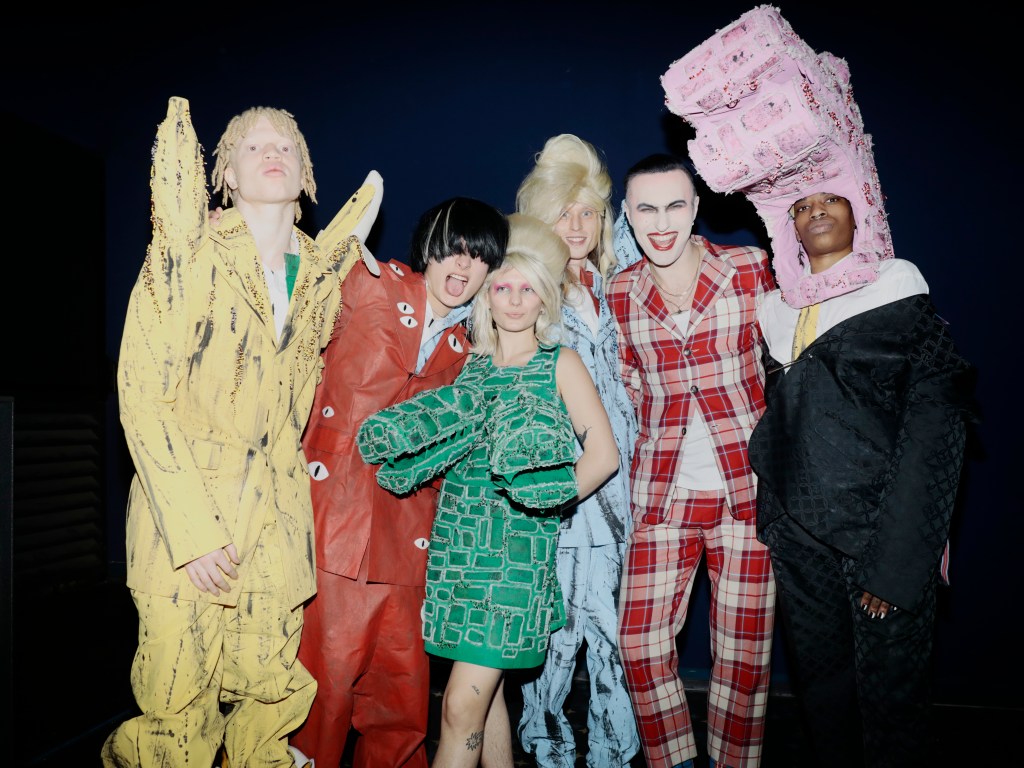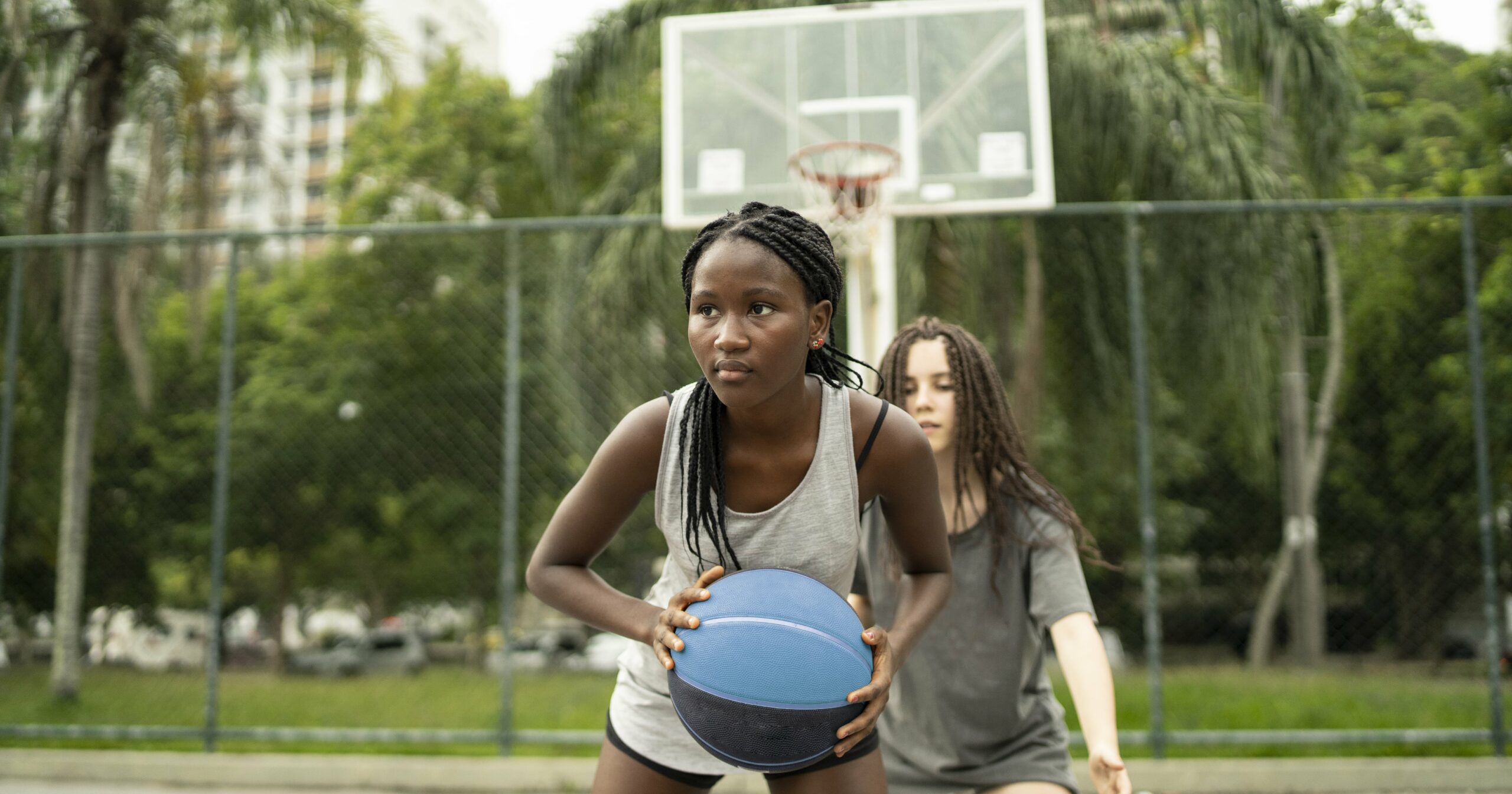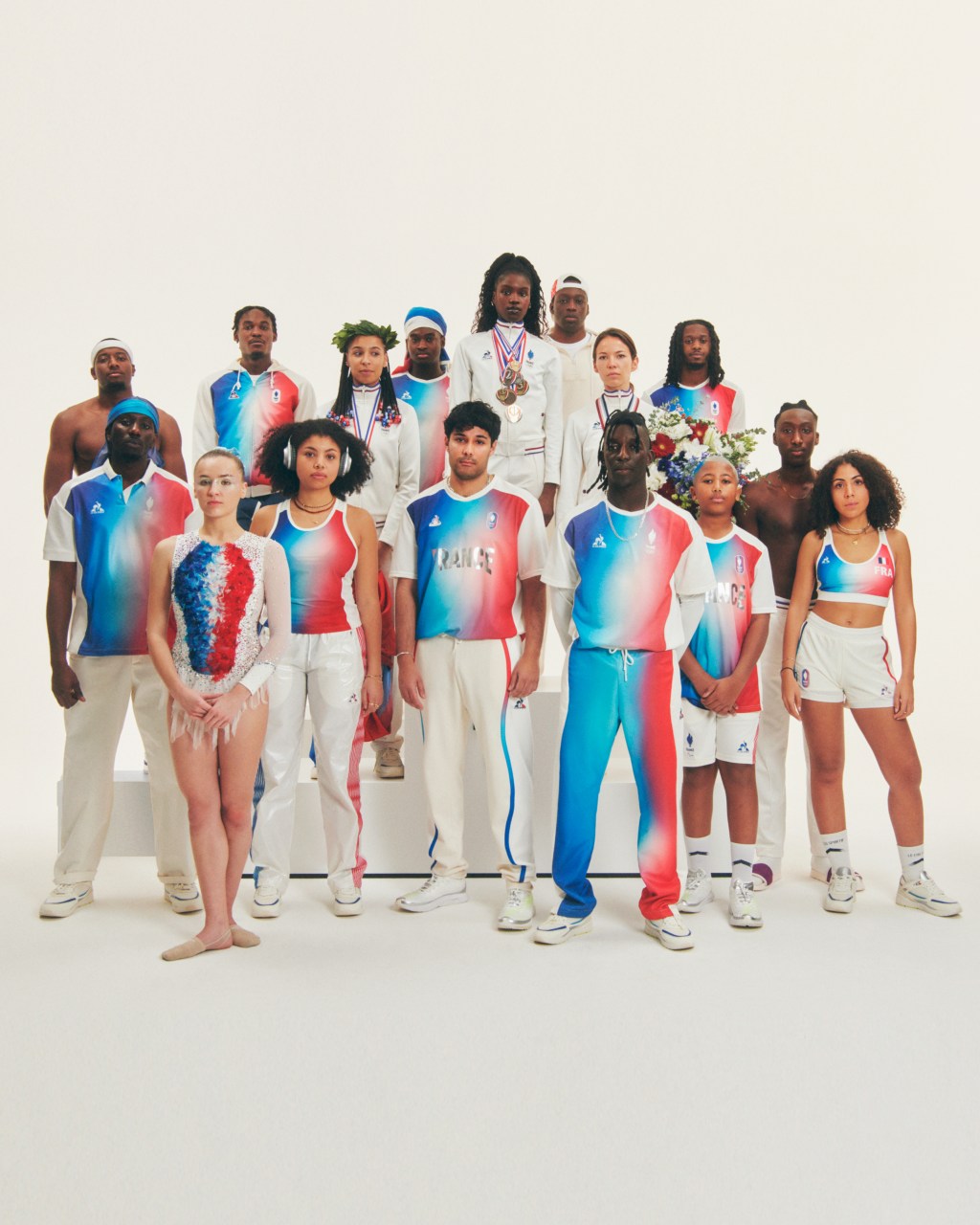Getty / SOPA Images / Contributor
The Olympics this year have felt like the summer boon we all needed. They brought us sweet moments like the historic podium bow to Rebeca Andrade by Simone Biles and Jordan Chiles. We got to see Snoop Dogg and Martha Stewart in some truly iconic equestrian gear. And we got to see that French pole vaulter assert his BDE in the worst possible way.
Anyway, a lot has happened, and we’ve been living for it. But what was it actually like inside the big Paris Olympics machine for the athletes who are there on the ground? While the Olympians’ own TikToks and Reels showed some BTS drama (someone make us the Olympic Village chocolate chip muffin recipe, STAT), the social and digital media guidelines are still strict enough that we didn’t see as much of the actual spaces the athletes were inhabiting as we would have wished. But now, we can tell you a little bit more about what their environment was like.
That’s because we got an exclusive tour of both the High Performance Center, where Olympics and Paralympic athletes train before the Games, and the Team USA House, where the athletes and spectators alike could spend time hanging out between events. Here’s what we saw – and what it was like for the teams responsible for prepping these spaces for Team USA before the big day.
The High-Performance Center
PS Photography / Molly Longman
The space where the athletes train is actually a bit out of the way, in what’s essentially a northern suburb of Paris. The entrance to the center is pretty well locked down by guards (which the locals didn’t exactly seem to love).
PS was welcomed to the training center by its official mascot: a white cat named Snowflake, who’s lived at the center for six years and who waltzes in and out of buildings at will. “They feed him and take care of him, not sure they bathe him,” jokes Dana Schoenwetter, the United States Olympic & Paralympic Committee’s director of Games Operations, who gave PS the lay of the land of the HPC.
Schoenwetter came to the center for the first time to check it out in 2018. “We did a lot of Googling for multi-sport facilities. We visited about 30 places in two days. [Our translator] called this facility to say Team USA was interested, and they didn’t return the call because they thought someone was messing with them. I thought, ‘This is the one I wanted,’ so we just showed up. They realized we were serious, we went on a tour, and then we started negotiating.”
It’s normally a regional training center focused on 18- to 21-year-olds, and it’s used by local and national sports teams, including NFL Europe.
Among the notable things at the HPC, we saw the inside of a lactation room, where athletes can go if they need a quiet moment to pump. It was a calm but spare space, equipped with a table, chair, and plant.
PS Photography / Molly Longman
There was also a space for sports psychologists and other mental health experts, as well as a full sports medicine clinic.
Some of the spaces or features already existed pre-Olympic takeover, but others were put in specifically for Team USA. Despite Paris’s commitment to no A/C, for instance, in most of the areas Team USA would be using, temporary air conditioners were put in for the athletes, Schoenwetter says.
And, of course, there are tons of tracks, fields, and gyms for working out and training. The facility has both an indoor and outdoor track, fields galore, basketball and volleyball courts, a swimming pool, a weight room, and a recovery center.
PS Photography / Molly Longman
The center is large enough for every individual sport to have their own space, including Team USA volleyball, archery, breaking, and track and field. Some areas – like the weight room – could be reserved (if an entire team wanted to work out together, for instance), but otherwise were shared by all the athletes. “You might get NBA players who go up to Simone Biles or other athletes here and ask for autographs,” Schoenwetter says.
PS Photography / Molly Longman
Schoenwetter notes that athletes might be training at the center up to the day before their competition to make sure they were practicing and in the zone to the end.
“It’s the ultimate common ground,” Kate Hartman, chief external affairs officer for the US Olympic and Paralympic Committee, who was also on PS’s tour, says about the facility. “It doesn’t matter what sport they’re from, but they’ve got the bond of being an Olympian or Paralympian that’s unique. They’re coming together here… They love it.”
Team USA House
@ps.feelgood If we were in Paris rn we’d be trying to sneak into the theater room. 😂 The Team USA house is open to the public for the first time for the Paris Olympics, and it’s low-key a vibe. #Olympics #TeamUSA #Paris #Sports #LearnOnTikTok
PS also got to see Team USA House as construction was just underway. The American athletes took over what’s normally the Palais Brongniart, a 19th-century building that was initially built with direction from Napoleon to house the Paris stock exchange. Because it’s a historic building, they were making some changes but also taking protective measures. During PS’s visit, the construction crew were in the midst of removing a large tapestry depicting children playing.
In the main room, which will be open to the public for the first time through the Paralympics (for an entree price of $351 a day), there’s a space where spectators and athletes alike can hang out, eat, shop, and bask in that Olympic glow.
They also were setting up a stage area where either current or former athletes could come and MC Olympic happenings. For instance, former Olympic swimmer and current sports commentator Summer Sanders had been asked to provide color and details during the screenings of swimming events.
The area sells hotdogs and hamburgers, in case any visiting Americans miss those classic culinary staples from back home (unlikely in a place with food as good as France, but you never know – watching the Games can stir up some surprising shows of nationalism).
Upstairs, the Team USA House was preparing spaces for athletes and members of the public with special credentials. The features include a display of Olympic memorabilia like torches and medals and a bar, featuring a sand pit. (The lore goes that traders with the Paris Stock Exchange would sit around and flick their cigarettes into the giant pile of sand, using it as a massive ashtray. Ah, Paris!)
The Team USA House also has several reception halls and a quiet theater where athletes could hang with their friends and family and watch the Games. I asked my tour guide if they could also pop on movies, but he doubted they would want to watch anything but The Olympics. I might have opted for a screening of “The Aristocats,” the best French film ever made, but, hey, that’s just me.
During PS’s tour of these spaces in early July, they weren’t fully set up. But you could see them coming to life as they have over the past few weeks. I personally enjoy imagining Bile and Katie Ledecky hanging out around the giant French ashtray, comparing gold medals – but y’all will have to use your own imaginations.
Molly Longman is a freelance journalist who loves to tell stories at the intersection of health and politics.
